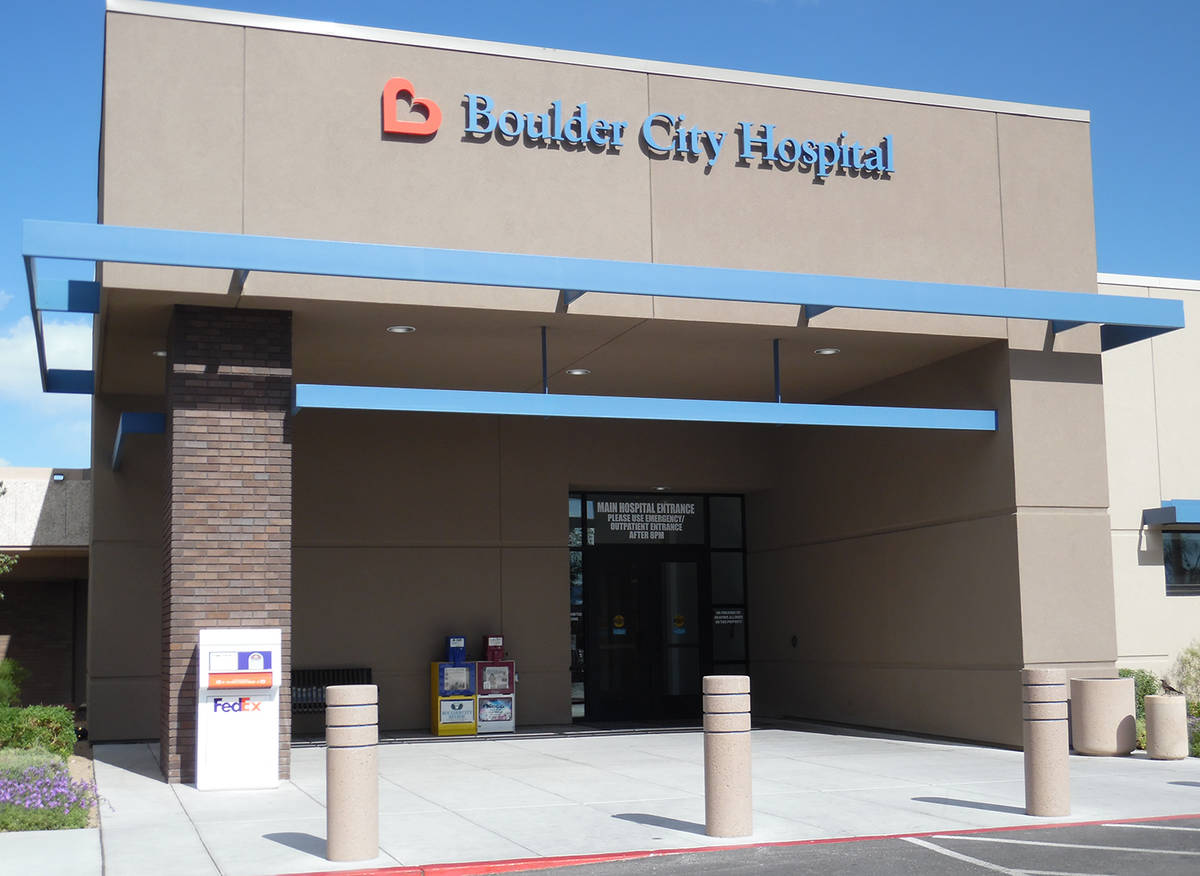Vaccines will help fight coronavirus
Many community members may remember standing in long lines at their elementary school, local armory or high school gymnasium in the early 1960s to receive the Sabin oral polio vaccine, drinking a red liquid from a tiny paper cup, that immunized millions, helped to eradicate polio, and is included on the World Health Organization’s List of Essential Medicines.
In the past weeks, two vaccines are being distributed that have been developed to protect individuals from contracting the coronavirus disease 2019. With the death toll in the U.S. over 306,000, and the pandemic showing no signs of slowing, the first vaccine rolled out for frontline health care workers in New York.
Hospitals across the country are set to receive and begin vaccination programs this month.
The first vaccine, manufactured by Pfizer, a 171-year-old Fortune 500 pharmaceutical giant, requires extremely low temperature storage with the vials requiring storage in dry ice-cooled packages as they are transported along with GPS-enabled thermal sensors to track the temperature of shipments.
The second COVID-19 vaccine to receive emergency FDA approval was created by Moderna, a 10-year-old young rival biotech company based in Cambridge, Massachusetts. Both vaccines rely on synthetic messenger RNA, a variation on the natural substance that directs cells to produce proteins.
Where traditional vaccines typically inject a dead or weakened virus into the body to stimulate an immune response, mRNA vaccines are based on custom-made messenger molecules that tell cells to create a viral protein. Both Pfizer and Moderna vaccines instruct cells to create the distinctive spike protein on the coronavirus so that the body’s immune system generates antibodies to fight off the disease.
What is mRNA?
Messenger Ribonucleic Acid (mRNA) molecules that carry the genetic information needed to make proteins, carry the information from the DNA in the nucleus of the cell to the cytoplasm where the proteins are made.
In an ironic twist of pandemics and vaccines, mRNA was actually discovered in the summer of 1961 — the same year that saw the beginnings of the mass distribution of the Sabin oral polio vaccine — by a group of nearly a dozen individual biologists, biochemists, geneticists, zoologists and research scientists — stewards of molecular biology also responsible for cracking the genetic code and arguing for its role in gene regulation.
Nearly 60 years after its discovery, mRNA, the protein-making process harnessed by scientists, is set to help protect us from disease, including COVID-19.
To Your Health is provided by the staff of Boulder City Hospital. For more information, call 702-293-4111, ext. 576, or visit bouldercityhospital.org.
















